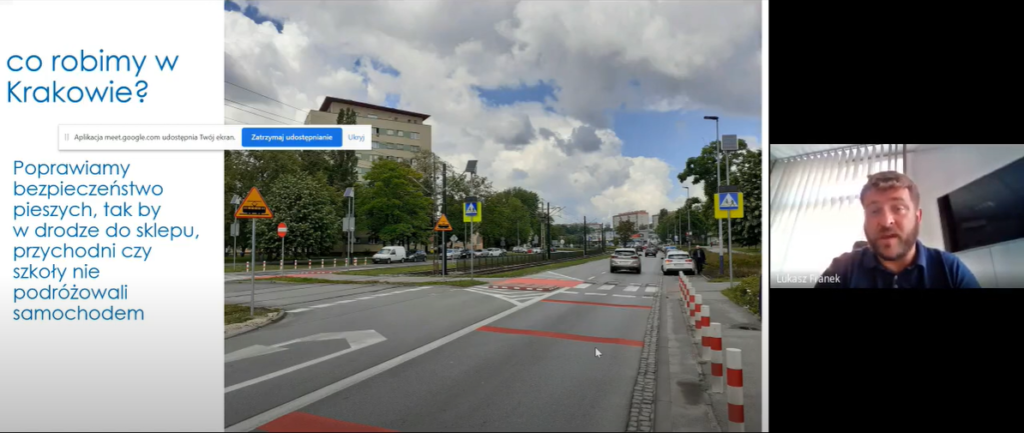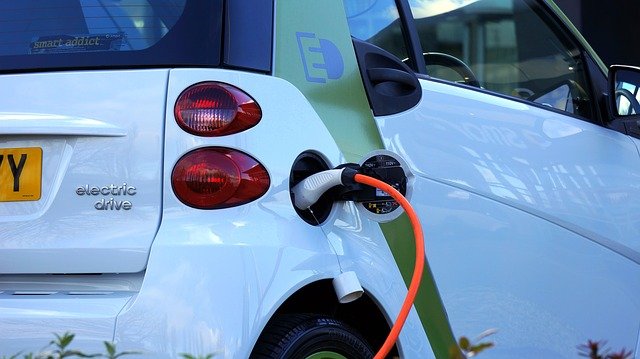SUMP Self Assessment Tool Workshop in Krakow
From 31.08 to 02.09.2020 a SUMP Self Assessment Tool Workshop was conducted. This workshop focused on the usage of the SSAT online tool. It was conducted by the external consultant Michał Wolański http://michalwolanski.pl in cooperation with ZTP Kraków (PP Kraków), Municipality of Skawina (PP Skawina) and Kraków Metropolis Association (Low-Carb follower).
The main objective of the training was to familiarise participants with the concept of sustainable mobility planning, the SSAT tool and lay the foundation for the development of the Kraków FUA’s SUMP. The participants were representatives of the Association member municipalities and the organisation itself. The whole event was carried out as an on-line training. Because of that the total number of participants varied and can be estimated at around 20 unique attendees in total.
SSAT workshop consisted of three parts:
a. introductory lecture about the sustainable mobility planning
b. individual workshops with the participating bodies with the SSAT online tool
c. final conference summarizing the results of the individual workshops and outlining the road to the FUA’s SUMP
Due to the pandemic situation all of those events were carried out as an on-line meetings using google meet, and SSAT web tool. SSAT workshop – the overall satisfaction value was 4.64 out of 5 and that makes 93% participants’ satisfaction rate, gathered from 6 responses.
The main take-away for the participants was undoubtedly the evaluation of their individual sustainable mobility situation carried out with the novel SSAT on-line tool under the experienced external consultants supervision. Connected to this is the knowledge of the tool as well as extended knowledge on the sustainable mobility planning process. On a bigger scale the biggest take-away is a foundation for the creation of the SUMP for Kraków FUA. The participants will also receive a printed copy of the SUMP 2.0 manual translated to Polish.
For more information, click here.









